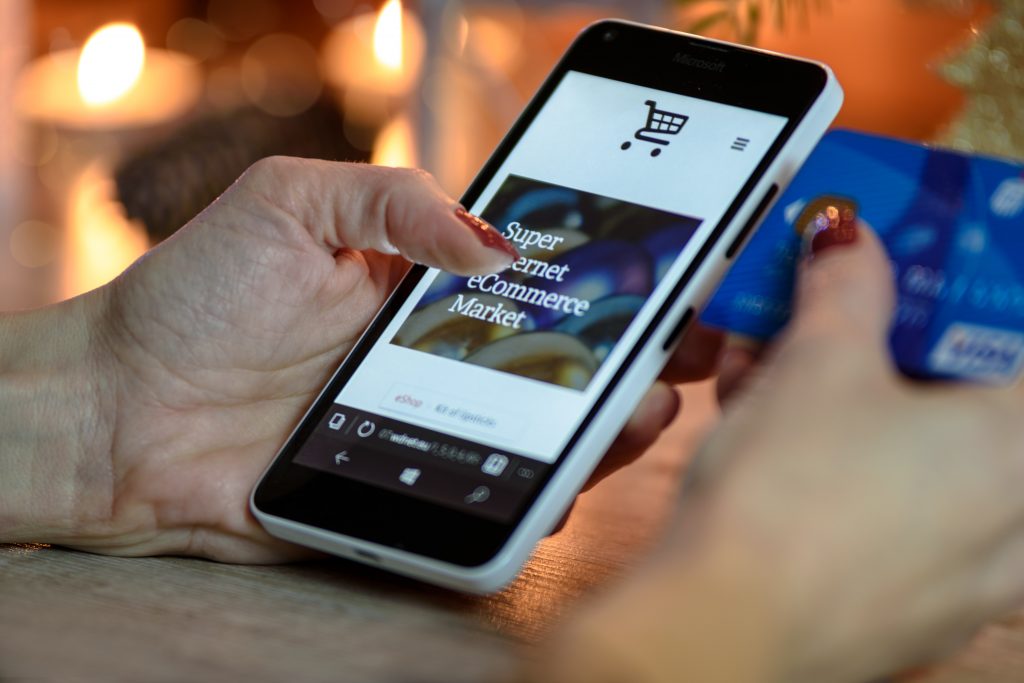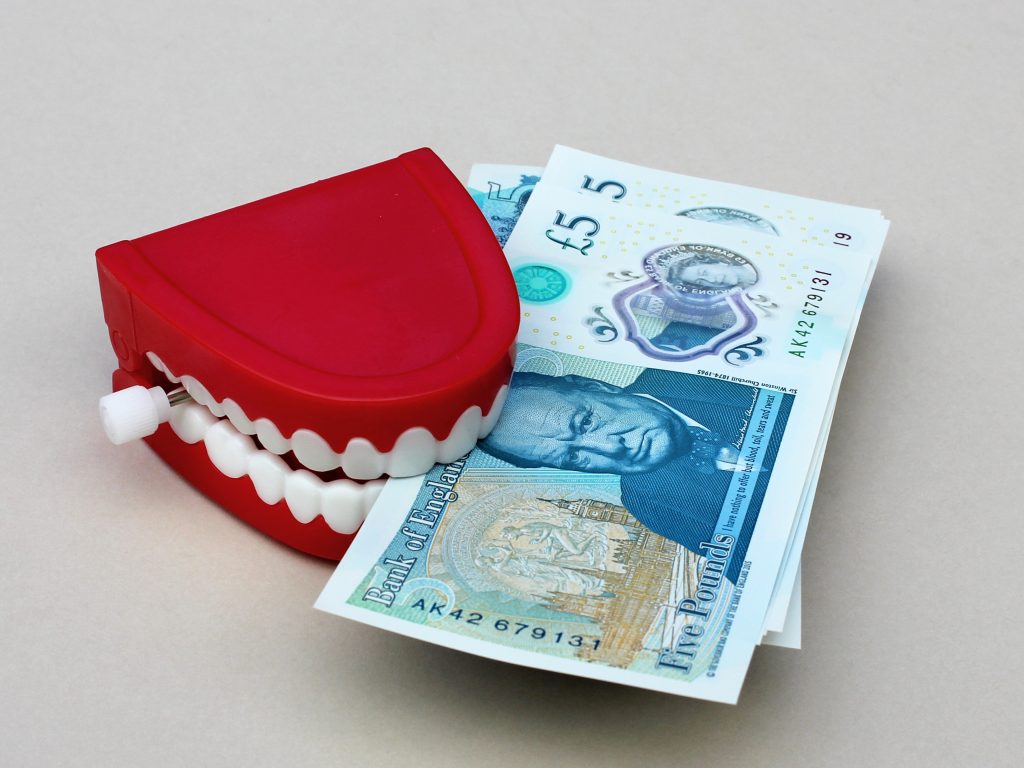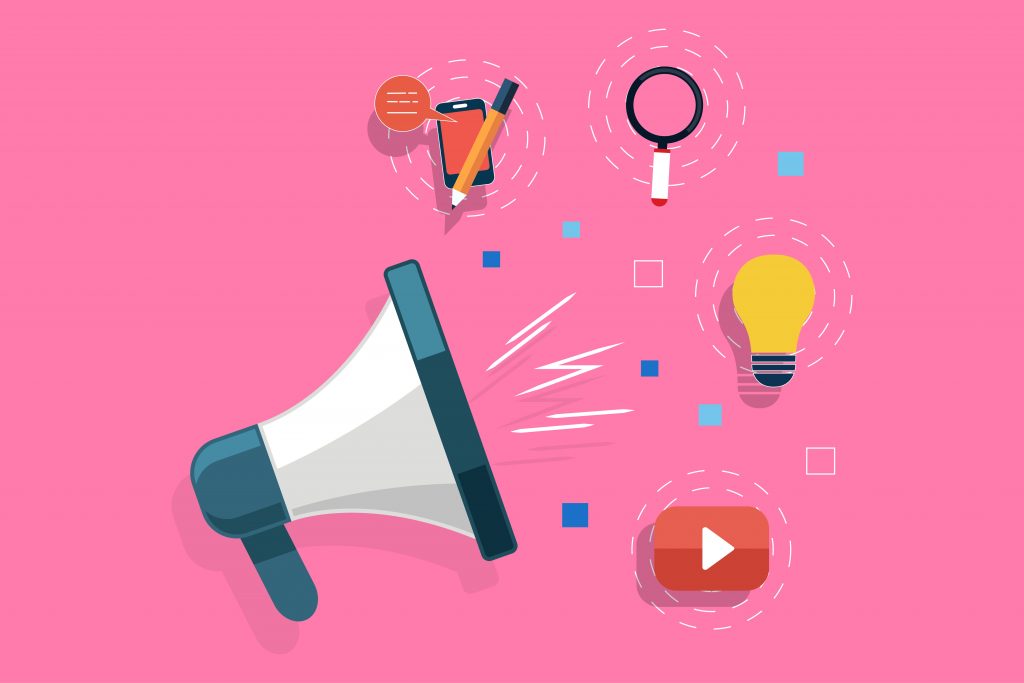Digital Marketing Jargon Guide
Our no nonsense, fully free, explanation of digital marketing jargon. To better understand what we offer, and find out a little more about the world of digital marketing.
 Isn’t it annoying when you’re looking at ways to grow your business through digital marketing, and all these terms and technical jargon keep cropping up. You may have some idea of what they mean, but how can you be sure? Luckily for you, we’ve put together a list of what all the technical terms mean. No nonsense, just a brief explanation of each digital marketing related term out there. Without further ado, in alphabetical order, here is our list of digital marketing jargon!
Isn’t it annoying when you’re looking at ways to grow your business through digital marketing, and all these terms and technical jargon keep cropping up. You may have some idea of what they mean, but how can you be sure? Luckily for you, we’ve put together a list of what all the technical terms mean. No nonsense, just a brief explanation of each digital marketing related term out there. Without further ado, in alphabetical order, here is our list of digital marketing jargon!
Digital Marketing Jargon A-Z
-
Analytics
Analytic tools can help you measure and track marketing campaigns, social media stats and websites too. You can use it to see how many visitors have come to your site in a set time period. Whilst sitting looking at data all day is as exciting as watching paint dry, we can do the analytical stuff for you. Trust us, we love it.
-
Apps (Application)
Apps, short for applications (who would have guessed?), are created to run on mobile devices and smartphones. Think about a standard iPhone or Android. Downloading, say Facebook, from their respective App stores allows you to access the social media site, without a web browser. There are Apps for everything now – we make them too.
-
Banner Ad
The name is fairly self-explanatory, but banner ads usually appear on websites or in apps. In the form of an image, it can link to a different website or page of your own.
-
Blog
Blogs are usually written and updated fairly often by a member of your team, or outsourced to an agency, like us. Think of them as diary entries that everyone will read (nothing too personal please!). Blog posts are a good way of keeping users engaged when they visit your site. They usually contain information around a specific topic, accompanied by images and sometimes video too. No dear diary entries required
-
Bounce Rate
A bounce rate is how quickly someone clicks on and then off your website. It’s measured in percentage, and judges how quickly someone leaves your domain or ‘bounces off’.
-
Browser
Think of a browser as a way to access the Internet, when you have a connection of course. They are found on desktop computers, laptops, mobile devices and tablets. It’s a way of accessing the Internet to visit websites. (Google Chrome, Internet Explorer FireFox, Safari etc.) Designed to browse the Internet… Get it?
-
Click-through Rate (CTR)
The CTR of a digital campaign is an accurate measurement use to monitor how many people click on an item/ad. It compares the number of clicks against the number of times people see the ad. It’s a way of seeing how well your ads doing, without asking everyone, ‘have you clicked on my ad? If not, why?’ – removes a bit of the awkwardness for you…
-
Content
Online content can include text, images, audio and even video. They are digital materials available on your website and used primarily to communicate and engage with users.
-
Content Marketing
Content Marketers utilise content to bring attract customers and build a business. They create shareworthy, relevant and useful content – to bring in more business.
-
Conversion
Conversions are customer interactions with your website/advert. These can include email sign ups, forms filled in, or products purchased (to name a few). Think of them as a goal you want to set when you start your digital marketing.
-
Conversion Optimisation
Now you know what a conversion is you can probably guess this next one… Optimising conversions means working on increasing the number of people interacting, to closer reach your goal or surpass it.
-
Conversion Rate
This measures how many conversions you’ve landed against how many people did not interact – giving you a ratio.
-
Cost-per-click (CPC)
CPC dictates how much tools, like Google AdWords, will charge you when your ad is clicked on by a user. One factor it judges your CPC on is the quality of your website – good quality websites (like ones we design) may land a lower CPC… bare that in mind.
-
Crawler or Spider
These are digital robots that sift and analyse website’s data in order to return results to search engines. This allows search engines to produce relevant results to a user’s search. Spiders that crawl the web... 
-
E-commerce
The means of selling products or services online, via an e-commerce website. We’re running out of witty things to say…
-
Email Marketing
Using email as a form of sharing information or marketing products, services or offers, to a selected mailing list.
-
HTML
Hyper Text Mark-up Language (doesn’t really explain it, does it?). It’s one of the many languages of web developers which allows them to create websites. It’s also a language our web team are fluent in.
-
Impressions
This is how many times an advert is displayed or viewed. Whilst it may have thousands of impressions, you may not have had a sale from it that matches. Like life, first impressions matter. If your ad doesn’t win someone over on the first glance, it’s probably not going to have much luck… How shallow the internet is, eh?
-
Index
An index stores search engine’s data on website and digital content. This can then be accessed to return results for a user’s search.
-
Keyword
These are words or phrases that are typed into search engines, in order to generate results. Companies target keywords in advertising campaigns.
-
Key Phrase
No to different from the above, it’s a collection of keywords.
-
Landing Page
These are pages that potential customers will land on, if Google returns your website as a relevant result. Like a landing strip for planes, only not for planes – for users.
-
Mobile Marketing
Specifically tailored for targeting mobile users, mobile marketing is designed to attract those potential customers on the go.
-
Natural Listings or Organic Listings
No, not corn-fed and free-range listings. These are results that appear on search engines that aren’t paid for.
-
Page Views
This is how many times the pages on your website have been viewed (also known as website hits). Multiple page views from a single unique user visitor isn’t always a good thing, it may mean people can’t find what they are looking for. If you are having trouble understanding your website statistics, we can help! 
-
Paid Listings
Paid listings are, well listings that are paid on search engine results. They are usually marked with ‘ad’ next to them.
-
Pay-per-click (PPC)
A form of advertising that only costs money if a user clicks on your ad on a search engine result. Hence you pay per click.
-
Query or Search Term
This is something that you’d type into search engines like Google. Think of it as when someone says to ‘Google it’. These can be questions or even just a company name. Try Googling Revive.Digital to see what we mean…
-
Ranking
This is how high you appear on search engine results pages. The top spots are usually the most coveted places. There’s no prizes for ranking 4th, then again, there’s no prizes for 1st, 2nd or 3rd either….
-
Search Engine
A website you use to search for things – Google, Bing, Yahoo etc. Let’s be honest though, who uses the last two?
-
Search Engine Optimisation (SEO)
SEO work’ purpose is to help companies rank higher up in search engine results. This is organic work, as opposed to paid advertising for top spots.
-
Search Engine Marketing (SEM)
SEM encompasses both SEO and PPC. It’s general marketing work but specifically for search engines. Some of these terms aren’t very creative…
-
Search Engine Results Page (SERP)
These are the pages generated after you type your query into the search bar, and click search. These results pages are generated to match your query. Like if you look up ‘revive.digital’, you’ll, hopefully, find our website.
-
Session or Visit
Whilst the youth of today consider a session, or ‘sesh’, as a big ol’ party, in the world of digital marketing, it’s a little different. A session, or visit, denotes the amount of time someone spends on your website. Whether they click on and immediately off, or browse around and then purchase, a session is from when they click on, and then when they eventually leave your website. 
-
Social Media
Sites like Facebook, Twitter, Instagram etc. are social networks, but the posts are social media. It’s images, links, videos, text or audio shared on social networking sites. If Trump’s allowed on Twitter, we’re pretty sure anyone is…
-
Social Media Marketing
Through social media marketing, businesses can grow their online presence on social platforms, bring in more customers and drive traffic to a website. It’s an integral part of any digital marketing strategy.
-
Social Network
Facebook, Twitter, Instagram, LinkedIn – these are just some examples of social networks. They allow you to interact with other social network users and social media (see above). Have a go at us - @ReviveDigital
-
Traffic Acquisition
Your website, app and other digital assets, are a road. Visitors are your traffic. Traffic acquisition looks at bringing those visitors, to your road. The more traffic, the better your road. This is not reflective of a real road (there will be no traffic jams).
-
Unique Visitor
Any single individual who visits your website is a unique visitor. No matter how long they stay, they are unique. If your mum is always looking at your website, guess what? She’s a single unique visitor.
-
URL (Uniform Resource Locator) or Domain Name
Ah yes, another term which makes no sense – unless you speak fluent web developer language. Think of this as your websites address and post code. Type this in to a search bar, and voila! You will be taken to a website. Every website needs a URL to exist.  Well done for finishing our jargon list without pulling your hair out. If you’re still as confused as you were before, drop us a message – we’d love to kick-start your digital marketing plan, so you don’t have to. We are not only just a web design agency. We’re a full-service digital agency – with a whole digital marketing team devoted to helping your business succeed. Integrating digital marketing into your business isn’t easy – luckily, we’re here to help. If you need help focusing your digital marketing efforts, you know where to find us. Just kick back, relax and let us do our thing. Watch your digital strategy unfold and bring you more business.
Well done for finishing our jargon list without pulling your hair out. If you’re still as confused as you were before, drop us a message – we’d love to kick-start your digital marketing plan, so you don’t have to. We are not only just a web design agency. We’re a full-service digital agency – with a whole digital marketing team devoted to helping your business succeed. Integrating digital marketing into your business isn’t easy – luckily, we’re here to help. If you need help focusing your digital marketing efforts, you know where to find us. Just kick back, relax and let us do our thing. Watch your digital strategy unfold and bring you more business.













